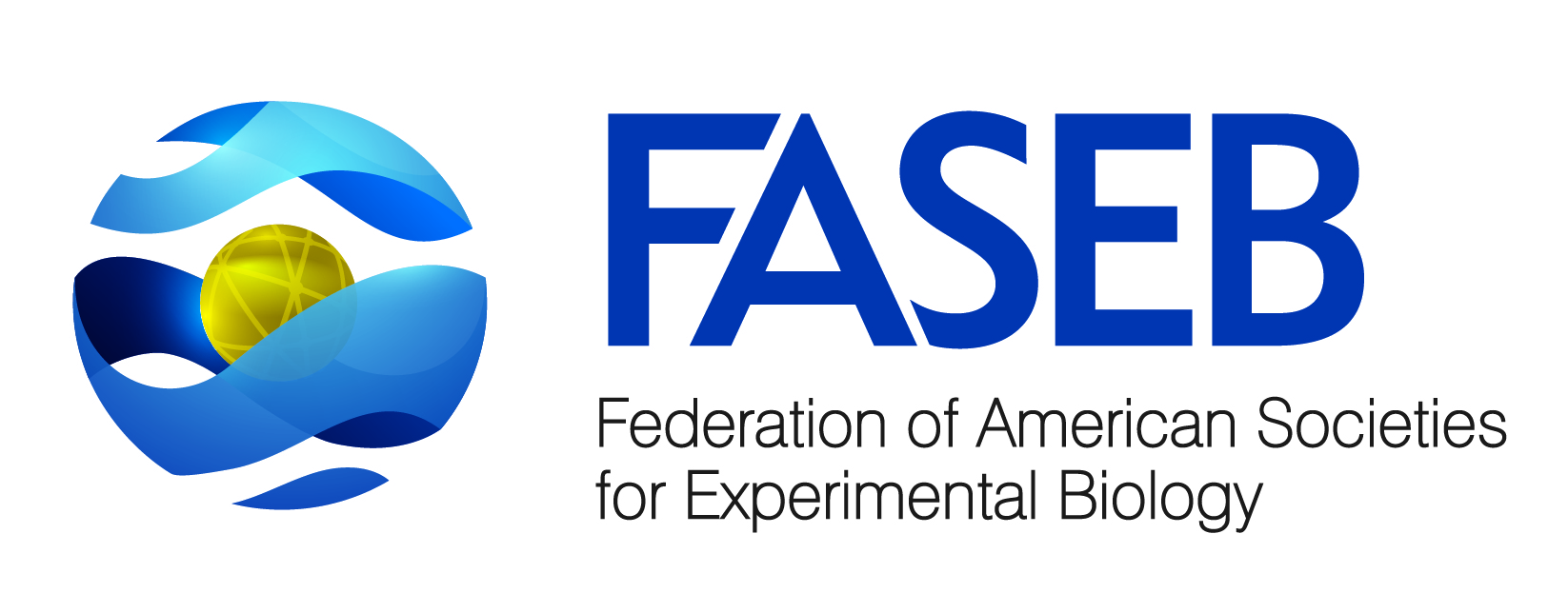EMBARGOED UNTILTuesday, April 24, 2012 @ 2:00 p.m. PDT
Findings could help explain why women are more likely than men to have coronary symptoms after emotional upsets
Newswise — SAN DIEGO—Coronary artery disease continues to be a major cause of death in the U.S., killing hundreds of thousands of people per year. However, this disease burden isn’t evenly divided between the sexes; significantly more men than women are diagnosed with coronary artery disease each year. The reasons behind this difference aren’t well defined. Though some studies have shown that men’s hearts become more constricted than women’s during exercise, letting less blood flow through, women are more likely than men to have symptoms of heart trouble after emotional upsets.
Searching for the reasons behind these disparities, Charity L. Sauder, Alison E. Thompson, Terrell Myers, and Chester A. Ray, all of Penn State College of Medicine, investigated the effects of mental stress on blood flow through the heart. Their findings show that coronary blood flow actually increases in men during mental stress, but shows no change in women. These results may explain why women could be more susceptible to adverse cardiac events when under stress.
An abstract of their study entitled, “Effect of Mental Stress on Coronary Blood Flow in Humans,” will be discussed at the meeting Experimental Biology 2012, being held April 21-25 at the San Diego Convention Center. The abstract is sponsored by the American Physiological Society (APS), one of six scientific societies sponsoring the conference which last year attracted some 14,000 attendees.
Stressing the SexesThe researchers recruited 17 healthy adults, a near equal mix of men and women. Each volunteer had his or her heart rate and blood pressure measured at rest, as well as coronary vascular conductance, a Doppler ultrasound measure of blood flow through the coronary blood vessels of the heart.
These volunteers then underwent the same tests while participating in three minutes of mental arithmetic, in which the researchers had them sequentially subtract 7 starting with a random number. To increase the stress load, researchers lightly badgered the volunteers during the task, urging them to hurry up or telling them they were wrong even when they gave the correct number. At the end of the task, they underwent the same three heart function tests again.
Results showed that at rest, men and women showed little differences between the three tests. During the mental arithmetic task, all the volunteers showed an increase in heart rate and blood pressure, regardless of sex. However, while the men showed an increase in coronary vascular conductance under stress, the women showed no change.
Taking Differences to HeartThis differing characteristic could potentially predispose women to heart problems while under stress, says study leader Chester Ray. He adds that the results came as a surprise, since previous studies men have significantly less blood flow than women during the physical stress of exercise, and could explain why women tend to have more heart troubles after stressful events, such as losing a spouse. The findings also reemphasize the importance of mental stress in affecting health.
“Stress reduction is important for anyone, regardless of gender,” he explains, “but this study shines a light on how stress differently affects the hearts of women, potentially putting them at greater risk of a coronary event.”
Further research, he says, could discern the mechanism behind this difference, leading to more targeted treatments and prevention efforts for women at risk of coronary artery disease.
About Experimental Biology 2012 Six scientific societies will hold their joint scientific sessions and annual meetings, known as Experimental Biology, from April 21-25, 2012 in San Diego. This meeting brings together the leading researchers from a broad array of life science disciplines. The societies include the American Association of Anatomists (AAA), American Physiological Society (APS), American Society for Biochemistry and Molecular Biology (ASBMB), American Society for Investigative Pathology (ASIP), American Society for Nutrition (ASN), and American Society for Pharmacology and Experimental Therapeutics (ASPET). More information about the meeting can be found online at http://bit.ly/ymb7av.
About the American Physiological Society The American Physiological Society (APS) is a nonprofit organization devoted to fostering education, scientific research, and dissemination of information in the physiological sciences. The Society was founded in 1887 and today has more than 10,500 members. APS publishes 13 scholarly, peer-reviewed journals covering specialized aspects of physiology. Eleven of the journals are published monthly.
###
NOTE TO EDITORS: To receive a copy of the abstract or schedule an interview with a member of the research team, please contact Donna Krupa at [email protected], 301.634.7209 (office) or 703.967.2751 (cell) or @Phyziochick on Twitter.
